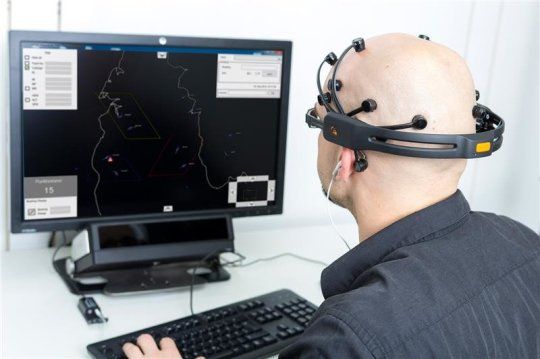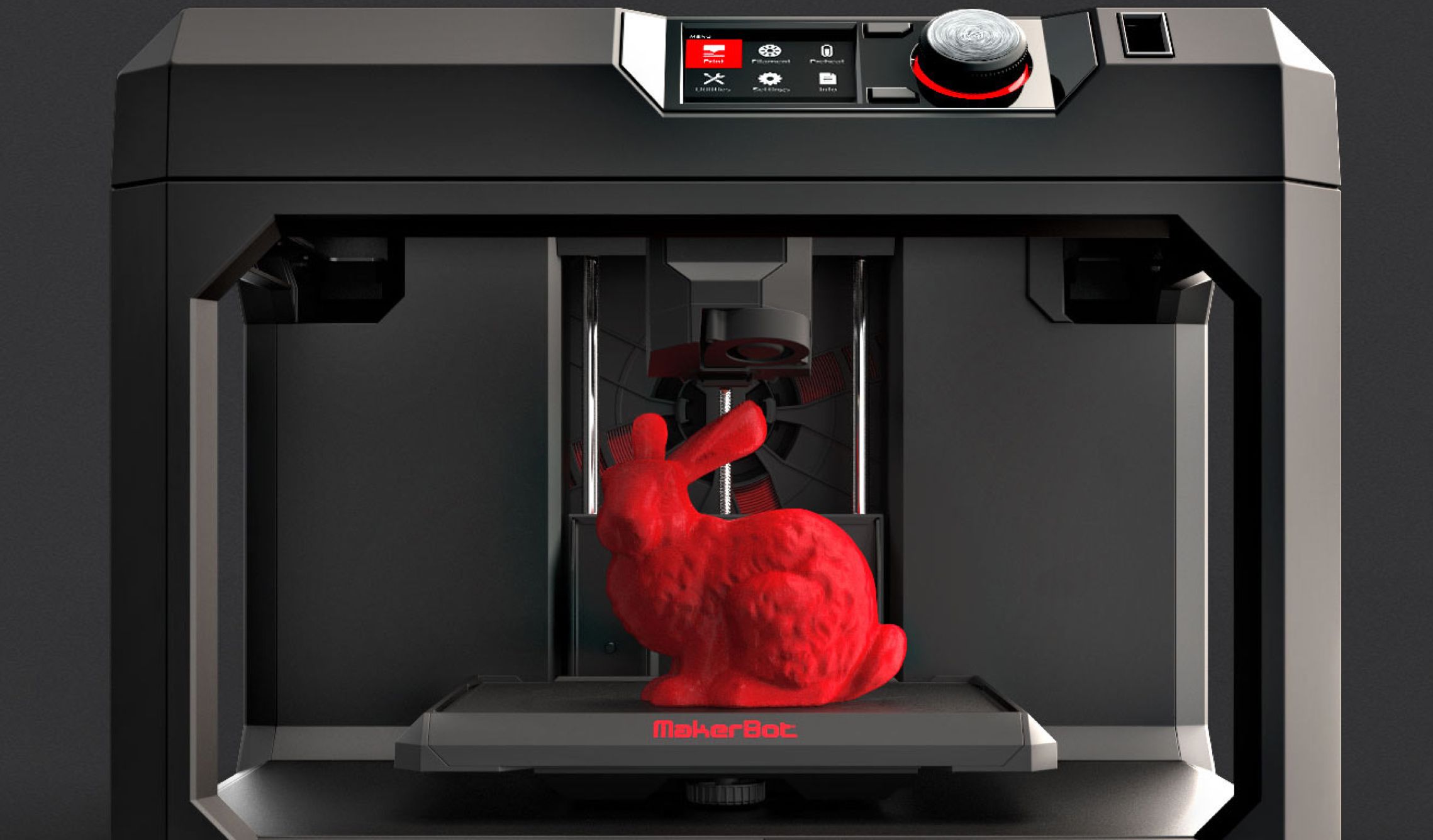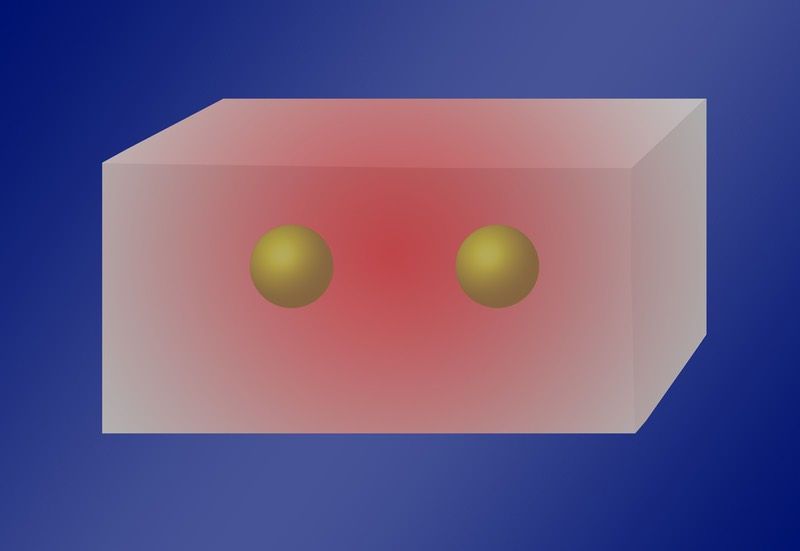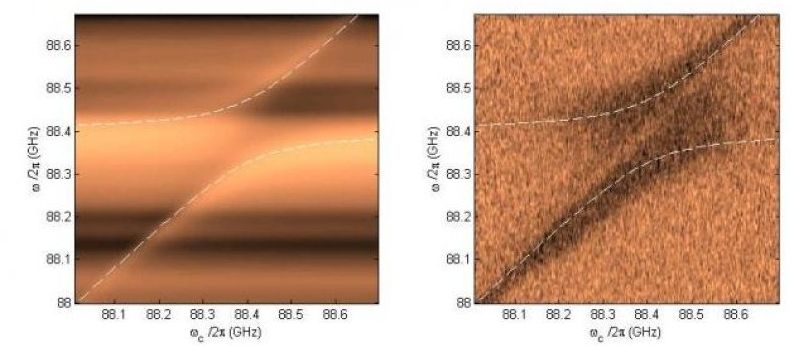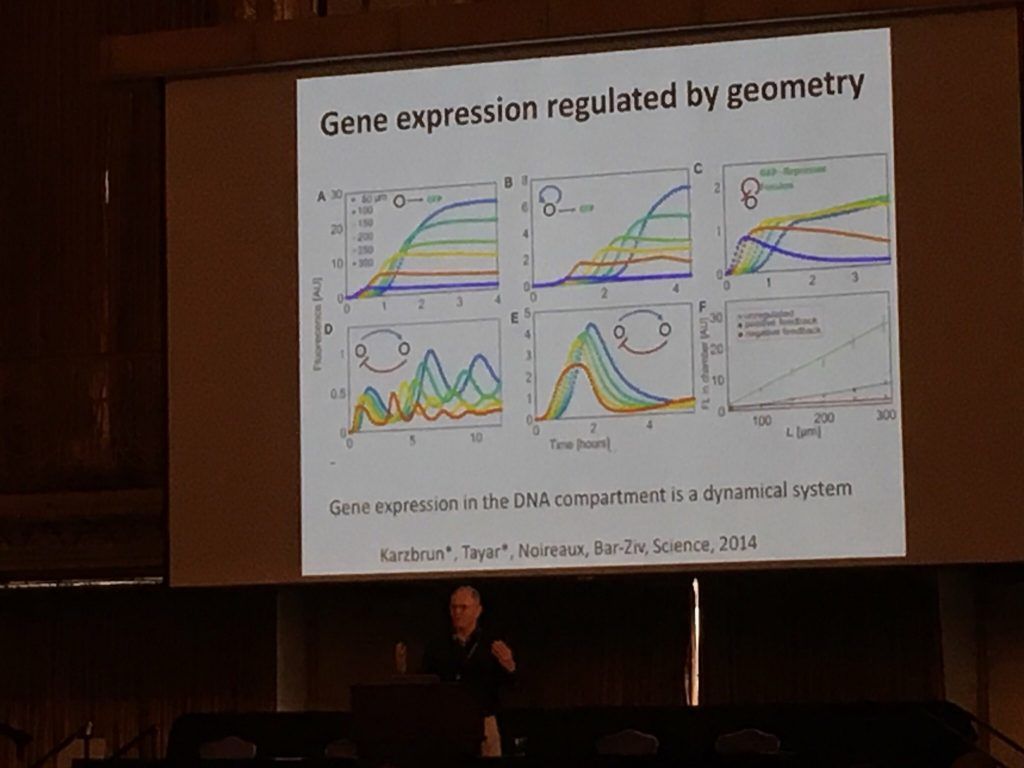Aug 2, 2016
Computers will be able to assess humans’ state of mind
Posted by Karen Hurst in categories: biotech/medical, computing, robotics/AI, security
I see many uses for this such as provider services including front office & hospital admissions, security in assessing people in line or trying to gain entry, etc.
Machines are taking over more and more tasks. Ideally, they should also be capable to support the human in case of poor performance. To intervene appropriately, the machine should understand what is going on with the human. Fraunhofer scientists have developed a diagnostic tool that recognizes user states in real time and communicates them to the machine.
The camera firmly focuses on the driver’s eyes. If they are closed for more than one second, an alarm is triggered. This technique prevents the dangerous micro-sleep at the wheel. “It is not always as easy for a machine to detect what state the human is in, as it is in this case,” says Jessica Schwarz from the Fraunhofer Institute for Communication, Information Processing and Ergonomics FKIE in Wachtberg, just south of Bonn.
Continue reading “Computers will be able to assess humans’ state of mind” »
